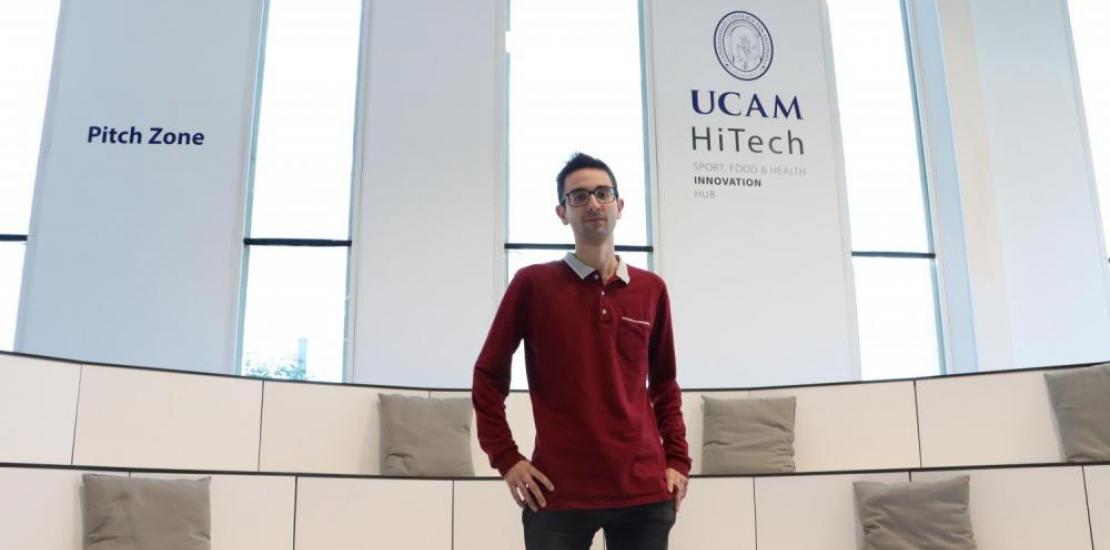The AECC awards a grant to a UCAM research project to explore new ways of fighting colorectal cancer
The PhD student Alejandro Rodríguez, with the support of the Spanish Association Against Cancer, is making progress in the search for new treatments using computer tools and Artificial Intelligence
Alejandro Rodríguez, researcher at the Doctoral School of the Universidad Católica de Murcia (UCAM), has been awarded a grant by the Asociación Española Contra el Cáncer (AECC, Spanish Association Against Cancer) to develop innovative treatments against colorectal cancer. His research, in which he is collaborating with the principal investigator of the Bio-HPC Research Group, Horacio Pérez, combines artificial intelligence with preclinical experimentation to search for more precise and effective therapies against this disease. The project has the collaboration of the Universidad de Granada and different research centres in Europe.
The team has used supercomputers to identify possible candidate molecules against three key proteins involved in the progression of colorectal cancer: fascin, hepsin and hexokinase 2. They are also searching for other proteins that are highly relevant to the disease. These proteins are the focus of study, together with drug libraries, with the aim of designing and testing personalised treatments that block their activity safely and effectively.
‘First of all, I would like to thank both the Spanish Association Against Cancer and the Universidad Católica de Murcia for giving me this opportunity to be part of such an interesting project, which is yielding very promising results. We have now filed a patent on the molecule and its effect on colorectal cancer for one of the molecules we have predicted, which has already been tested in the laboratory by our collaborating groups with positive results. Besides, the work does not end here and we will continue to apply and refine our techniques to improve our predictions. We are confident that we will obtain more results this year that will allow us to continue fighting this terrible disease,’ said Alejandro Rodríguez, UCAM researcher.
The BIO-HPC research group is in the preclinical phase, analysing how the compounds interact within malignant cells to develop safer and more effective treatments. To date, tests on organoids, small structures that mimic the characteristics and functions of organs, have shown that this molecule is able to reduce tumour progression.




